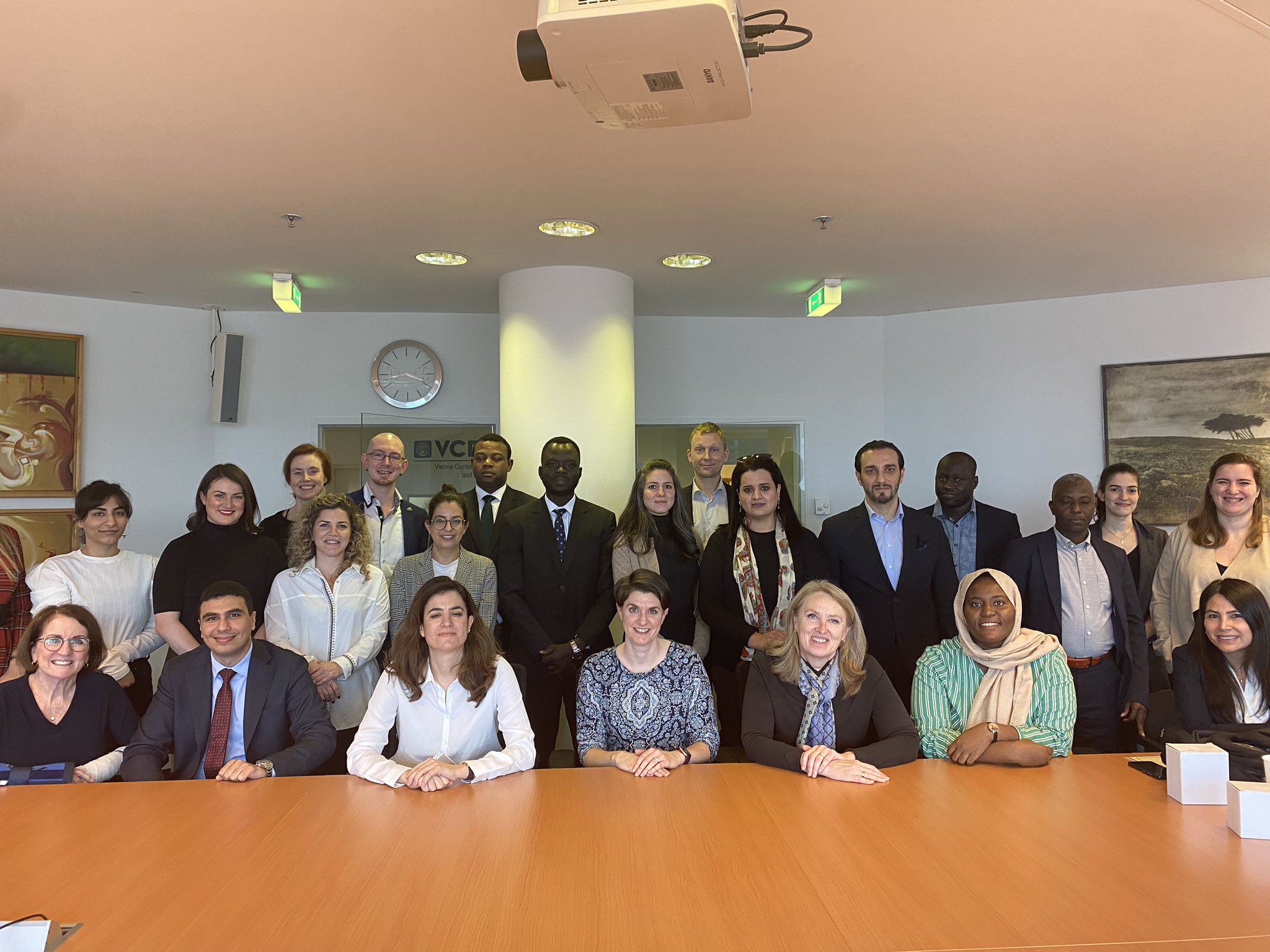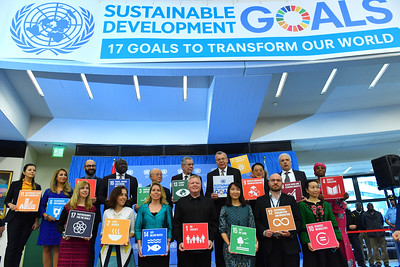
On 15 November 2019, the VCDNP held a workshop with the support of the U.S. Department of Energy’s National Nuclear Security Administration, to discuss the unique challenges that emerging and advanced technologies pose to nuclear safeguards and export controls. The workshop was the second of its kind and built on the results of the first workshop, which the VCDNP held on 05 April 2019.
The latest meeting focused on three main areas: (1) the impact of nuclear fuel cycle concepts and evolving supply chain models on regulators and industry; (2) the impact of advanced manufacturing on export-import and localization; and (3) the impact of emerging technologies on national, facility and company compliance. The workshop was attended by 40 participants from 10 nuclear supplier governments, the International Atomic Energy Agency (IAEA), industry and think tanks. As with the previous workshop, the event was held under The Chatham House Rule to encourage open and frank dialogue.
During the day-long event, participants re-confirmed the value of discussing the gaps and challenges facing both the safeguards and export control regimes, and reinforced the need for both communities to engage in a meaningful exchange of views and dialogue. Concrete examples of common challenges and areas for progress were identified during discussions. Particular emphasis was placed on the need for active listening to occur in order for all stakeholders to be heard and their concerns taken seriously. It was noted that the IAEA, governments and industry need to improve communication among themselves in order to collaboratively work together on the development of standards or guiding documents that facilitate trade but reduce the risk of proliferation.
There was overall agreement concerning the challenges posed by new private suppliers and the need for outreach in informing them of export control and safeguards requirements to bring them into compliance with existing regulations. It was observed that one key challenge in the implementation of the existing requirements is the difference in supply chain infrastructure among newer, smaller suppliers and larger enterprises. Focus in this regard was placed on the additive manufacturing market in which the supply chain is becoming more complex, while at the same time the start-ups and enthusiasts are making strides in discovering innovative uses of the technology in a short amount of time. The workshop identified possible steps forward to address these challenges, including through best practices, information sharing, and the possible development of codes of conduct.
The VCDNP intends to organize another workshop in spring 2020 building upon the results of the last two workshops.


By continuing to use the site, you agree to the use of cookies. more information
The cookie settings on this website are set to "allow cookies" to give you the best browsing experience possible. If you continue to use this website without changing your cookie settings or you click "Accept" below then you are consenting to this.